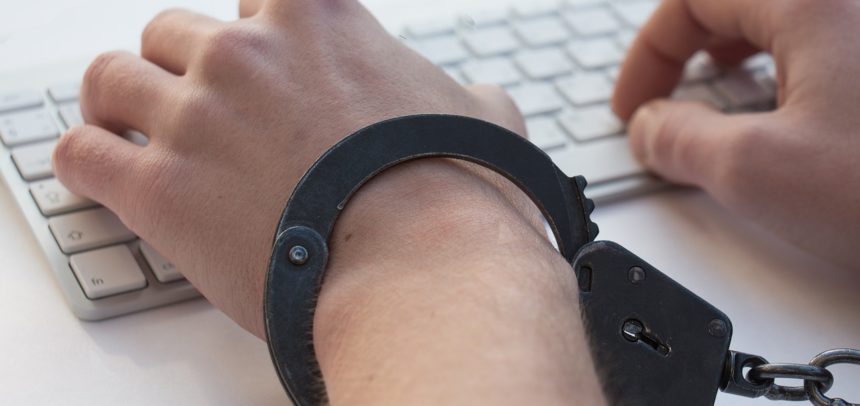
7 Things You Should Know About Time Outs In Online Gambling
Online gambling time outs might seem a little confusing at first, but really they’re not.
Whether this is the first time you’ve ever heard of them or you’ve been thinking about taking one yourself, we hope these 7 facts will help illuminate things for you.
1. You can’t place bets or deposit during a time out
This might seem pretty obvious, but during the time that you’ve chosen to take a break, you can’t place any wagers on your online gambling site.
And you also can’t deposit to fund your account during this time either.
2. Online gambling time outs are short breaks
Unlike self-exclusion, online gambling time outs are designed to be short breaks, after which you typically resume gambling.
3. Typically, a time out is between 24 hours and 30 days long
Depending on your online gambling site, a time out last anywhere from a day to 30 days.
4. You can also set custom and recurring time outs
Now this is a feature we love. In many online gambling sites, you can decide to set your own custom time outs. For example, it could start on a Monday morning and finish up on a Friday evening, for those who don’t want to gamble during the working week. And it can be recurring so it always starts and ends at the same time every week. Very handy.
5. There’s no way to reverse a time out
Once you’ve chosen a time out, you can’t cancel it. The only way to gamble again is to wait until the time period has lapsed.
6. You can withdraw whenever during an online gambling time out
It’s really handy that you can withdraw whenever you want during an online gambling time out. It’s not like your available funds are locked up. Simply log in and get out however much you need.
7. Time outs are for everyone
As you can see, time outs are handy responsible gaming tools that you can set to suit you. It’s a really smart way of time (and budget) management and keeping it straight in your head when you want to gamble and when you don’t.
Whether you set a custom time out for the working week, like we previously discussed, or you set one in the run up to a vacation to save or for any other reason at all, it’s a great idea to set a formal time out.
Just try it out and you can see how it works for you.
Get the help you need if you think you have a gambling problem
While online gambling time outs are brilliant for people who want to take a casual break from gambling, they aren’t designed to tackle a gambling problem.
If you think you have a gambling problem or you’re worried about a loved one, you need to get help from professional organizations. They are equipped to guide you or your loved one through dealing with a gambling addiction.
There are many excellent resources all over the world, including the National Council on Problem Gambling in the USA. As well as brilliant online resources, you can also phone them directly at 1800 522 4700.
In the United Kingdom, you can call 0808 8020 133 or visit the Be Gamble Aware website for help. And if you’re outside of the USA or the UK, there are lots of other organizations all over the world that are ready to help you.
Read More




